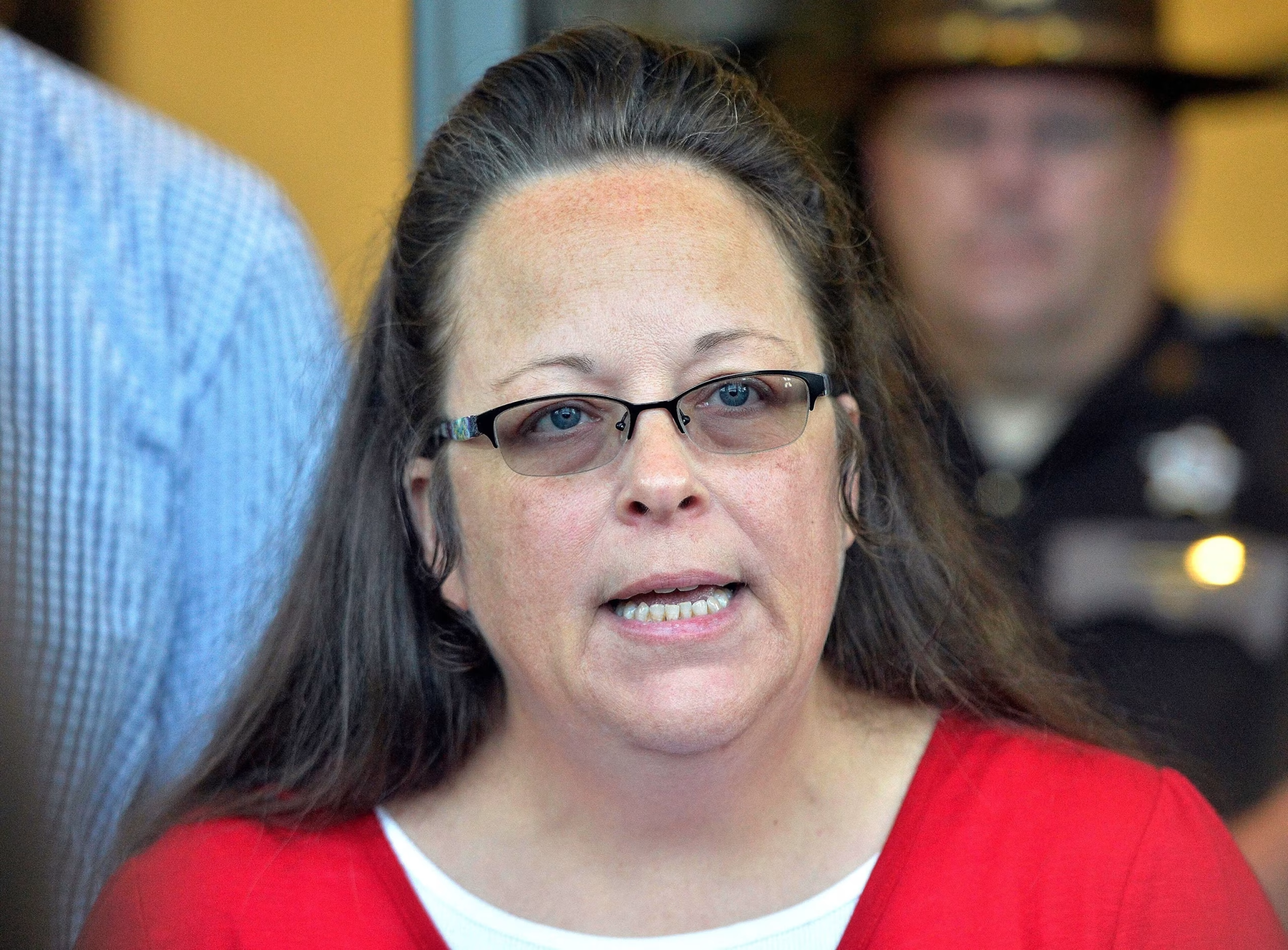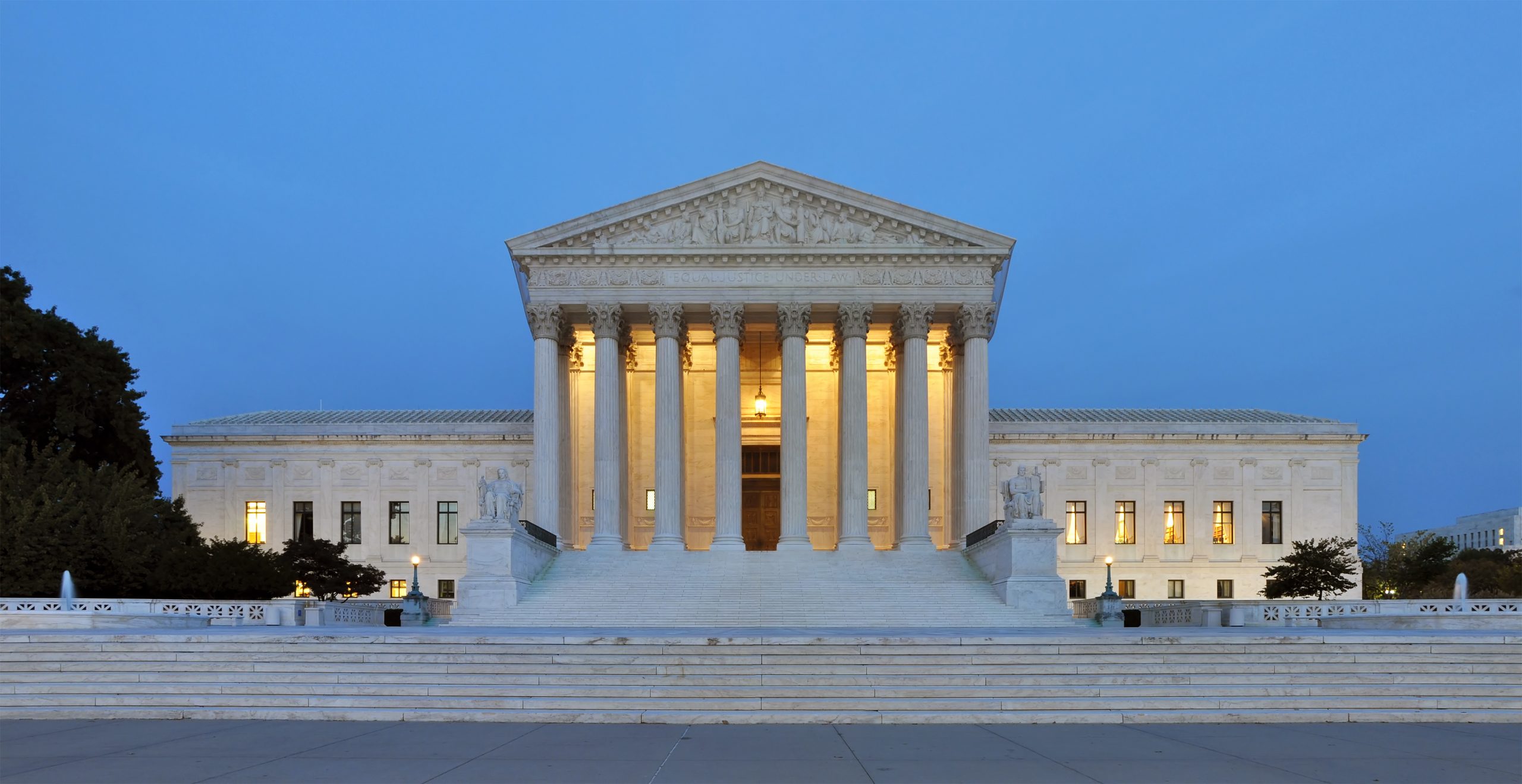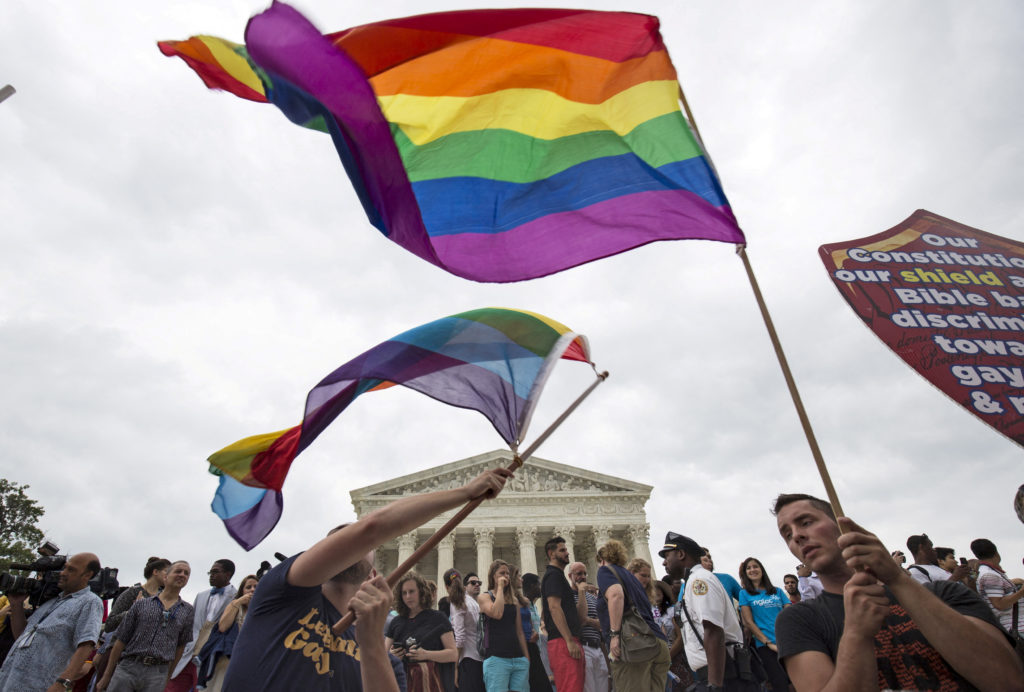Supreme Court Rejects Kim Davis’ Bid to Overturn Same-Sex Marriage in 2025: Equality Stands Firm
In a swift and silent move that echoes through courtrooms and living rooms alike, the U.S. Supreme Court turned away Kim Davis' latest challenge to the landmark Obergefell v. Hodges ruling on same-sex marriage. This decision, dropped into Monday's order list without fanfare, locks in a decade of progress for LGBTQ+ couples nationwide. For those who fought for wedding vows in 2015, it feels like a hard-won exhale amid rising tensions over rights today.
The court's refusal to hear the case means no four justices stepped up to revisit the 2015 decision that made love official across all 50 states. Kim Davis, the Kentucky clerk whose defiance once jammed county offices and fueled front-page fury, now faces the full weight of prior losses. Her petition, a desperate swing at undoing national marriage equality, crumbles under the justices' collective no. This isn't just legalese—it's a shield for thousands of families built on promises sealed with rings and resilience.

Former Kentucky clerk Kim Davis reacts with frustration following the Supreme Court’s refusal to hear her petition challenging same-sex marriage rights.
The Firestorm That Started It All: Kim Davis' Defiant Stand
Ten years ago, Rowan County, Kentucky, became ground zero for a national showdown over faith, duty, and desire. Kim Davis, elected clerk in 2014, locked her office doors and halted all marriage licenses to dodge issuing them to same-sex pairs. Her stance, rooted in religious conviction, ignited protests, arrests, and a media blaze that divided dinner tables from coast to coast.
David Moore and David Ermold, the couple at the case's core, sued after Davis denied their license twice. Their fight climbed the ladders of justice, landing a knockout blow from the 6th U.S. Circuit Court of Appeals. That panel slapped Davis with damages topping $100,000, ruling that public roles demand equal treatment under the law—no exceptions for beliefs. Fast-forward to now, and Davis' Supreme Court plea recycled old arguments, begging for Obergefell's reversal. The high court's denial slams that door shut, leaving Moore and Ermold's victory—and countless others—untouched.
Their joint statement cuts deep with quiet power: "Obergefell was correctly decided, and there is no need to revisit it." Words like these carry the scars of stalled honeymoons and courtroom tears, reminding us how personal this fight has always been.
Why This 2025 Denial Hits Harder Than Ever
Picture the relief washing over same-sex couples eyeing rings or anniversaries this holiday season. In an era where rights feel like they're on a tightrope—think state laws chipping at trans protections or book bans in schools—this Supreme Court snub lands like solid ground. It whispers that the clock won't rewind on weddings, adoptions, or the simple act of filing joint taxes as partners.
Yet the drama lingers, raw and real. Davis' persistence stirs ghosts of 2015's chaos, when couples drove hours for licenses or eloped in secret. Today, with polls showing younger Americans embracing equality but backlash brewing in red states, the ruling reaffirms that federal law trumps local holdouts. For the LGBTQ+ community, it's not abstract—it's the difference between celebrating openly or bracing for the next hurdle. This denial doesn't erase threats; it steels spines against them, fueling a fierce hope that equality endures.
Unlocking Billions: How Marriage Equality Powers the Wedding Economy
Beyond the heartfelt vows, Obergefell's ripple reaches straight into wallets and Main Street businesses, creating a financial surge that's hard to ignore. Since the 2015 ruling, same-sex weddings have injected an estimated $5.9 billion into state and local economies, according to the latest Williams Institute analysis reviewed by Finance Monthly. That's cash flowing to florists, caterers, and venues from New York lofts to California vineyards, sustaining over 41,000 jobs nationwide.
Economist M.V. Lee Badgett, a leading voice on LGBTQ+ economic issues at the University of Massachusetts Amherst, puts it bluntly: "Marriage equality isn't just about rights—it's a productivity booster, letting couples pool resources and plan futures without legal shadows." Her insight highlights how stable unions cut administrative hassles, freeing up time and money for investments like homes or retirements that ripple outward.
For everyday consumers, this means more than pretty Pinterest boards. Wedding booms lower costs through competition—think average ceremonies dipping under $30,000 thanks to inclusive vendors vying for every budget. But the real wallet win? That $432 million in sales taxes from these events funds schools and roads, easing your property bills indirectly. One anonymized example: A Midwest couple's 2016 same-sex wedding spent $25,000 locally, sparking a chain of hires at a struggling event hall that survived the pandemic.
Here's the fresh angle for 2025: With this Supreme Court green light, expect a 15% uptick in same-sex wedding bookings next year, per industry forecasts, as couples ditch hesitation. Smart move? If you're planning or gifting a wedding, scout "equality-certified" planners via apps like The Knot—they often bundle tax-smart perks, like deducting travel for out-of-state guests. This isn't generic advice; it's a hedge against volatility, turning celebrations into savvy spends that bolster your community's bottom line.
Charting the Path Forward for Love and Law
As dust settles on Davis' defeated bid, eyes turn to broader battles—like bolstering federal protections against discrimination. Advocacy groups like Lambda Legal vow to push bills shielding marriages from state overreach, ensuring no clerk's conscience upends a courthouse "I do." For same-sex pairs, this means breathing easier at family gatherings or estate planning sessions, where equality translates to ironclad inheritances.
The emotional undercurrent? A triumphant yet tender resolve. Couples who waited a decade for this stability now build legacies, from joint bank accounts to kids' college funds, all under the Constitution's wing. Davis' story, once a symbol of division, fades as a footnote, while Obergefell's promise shines brighter. In 2025's charged air, this ruling isn't closure—it's a clarion call to guard gains with grit and grace.

The U.S. Supreme Court in Washington, D.C., where justices declined to review Kim Davis’ petition seeking to overturn same-sex marriage rights.
What Readers Are Really Asking About Kim Davis and Marriage Rights
What Does the Supreme Court's Denial Mean for Same-Sex Marriage Rights Today?
This quiet rejection solidifies Obergefell v. Hodges as unbreakable precedent, ensuring same-sex couples can wed without fear of reversal at the federal level. It blocks future clerks from citing religion to deny licenses, promoting uniform access nationwide. For families, it safeguards benefits like health insurance and spousal Social Security, fostering stability in an uncertain legal landscape. Advocates see it as a bulwark against erosion, urging continued vigilance on state-level threats to keep equality ironclad for generations ahead.
Who Is Kim Davis, and Why Did She Refuse to Issue Same-Sex Marriage Licenses?
Kim Davis rose to infamy as Rowan County's Kentucky clerk, a devout Christian who in 2015 halted all marriage licenses to avoid certifying same-sex unions, claiming it violated her faith. Jailed briefly for contempt, she became a rallying cry for religious liberty advocates while drawing scorn from civil rights champions. Her actions spotlighted clashes between personal beliefs and public duty, leading to lawsuits, fines over $100,000, and a lost job. Even a decade later, her appeals keep the debate alive, testing the boundaries of tolerance in America's heartland.
What Is Kim Davis' Net Worth in 2025?
As of late 2025, Kim Davis' net worth hovers around $250,000, pieced together from her pre-controversy clerk salary of about $80,000 annually, plus earnings from book deals like her 2016 memoir and conservative speaking gigs. Legal fines exceeding $100,000 from the Moore-Ermold case have dented her finances, offset somewhat by donations and media appearances. Without major assets reported, her wealth reflects a modest post-fame life, far from the spotlight riches some expected after her national notoriety.














